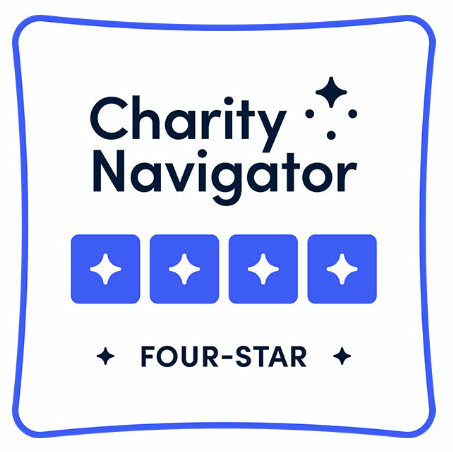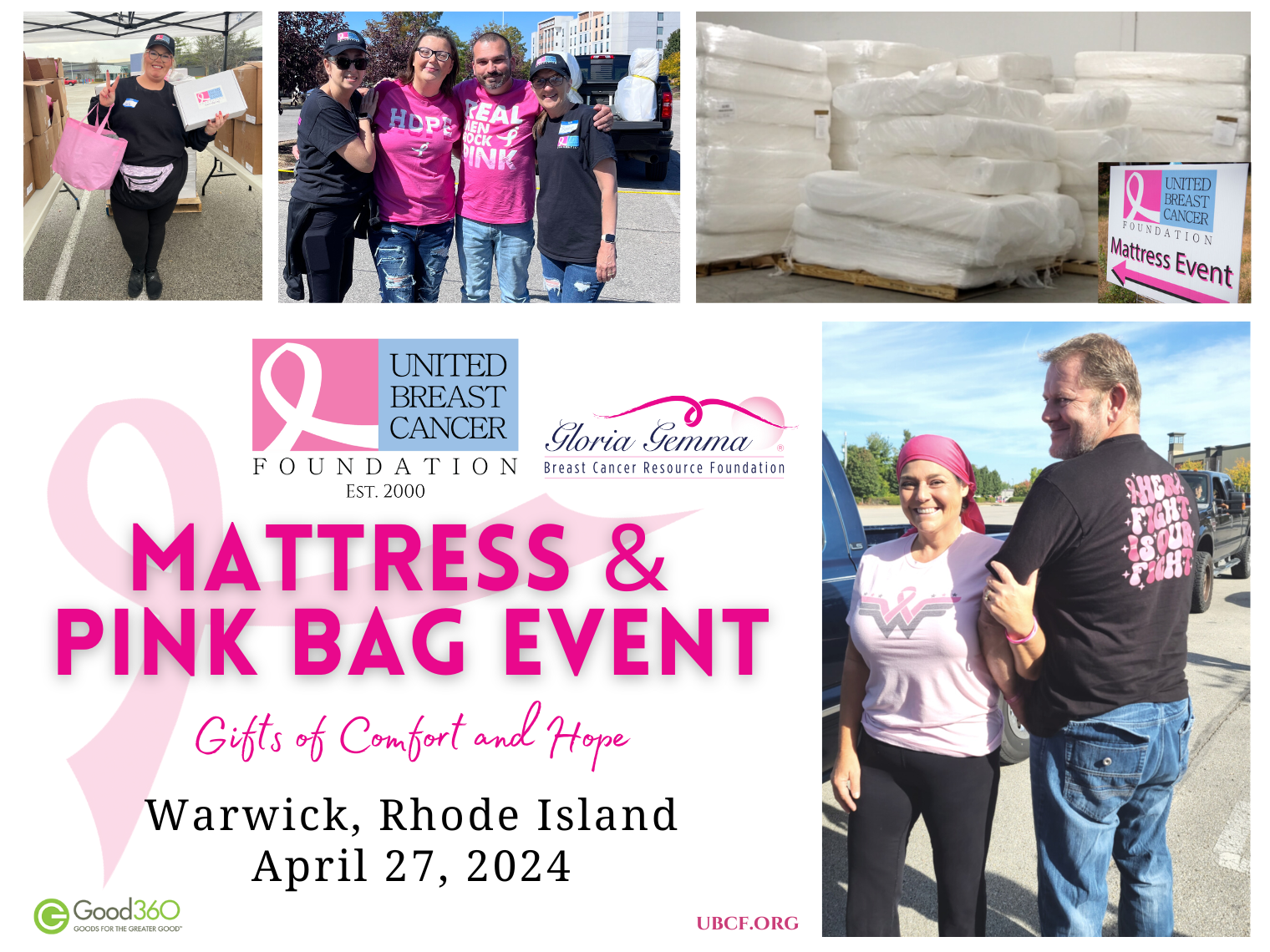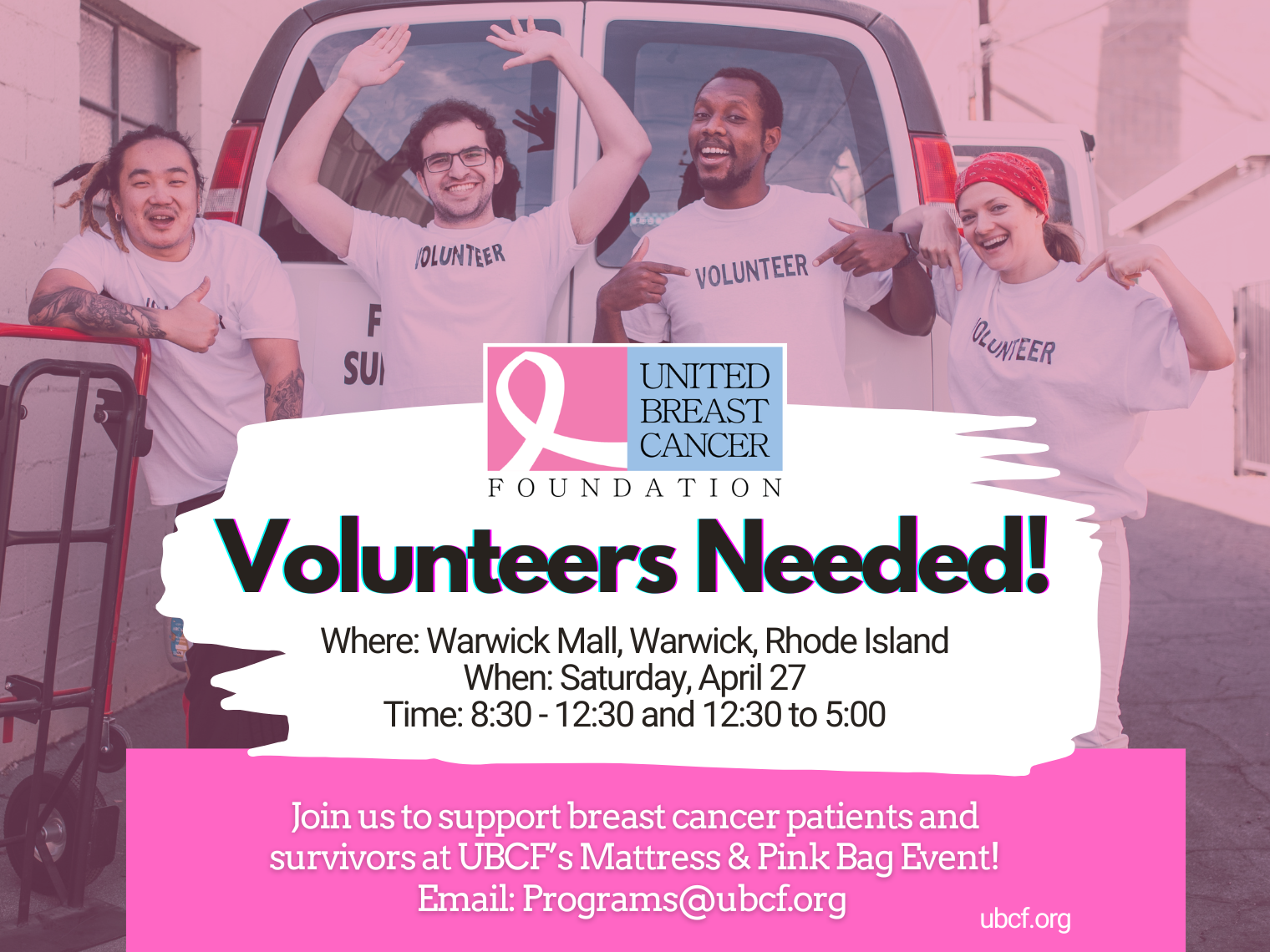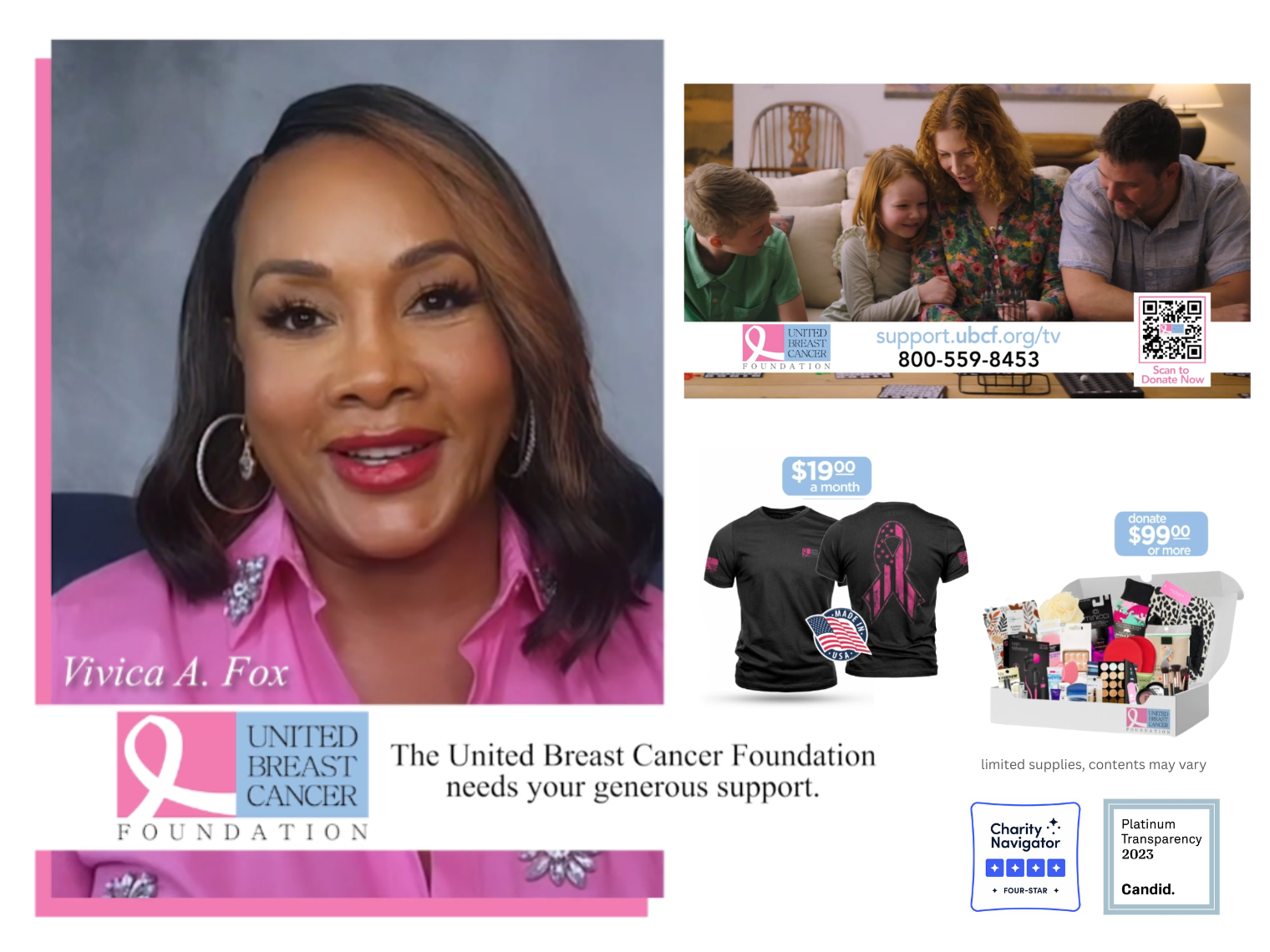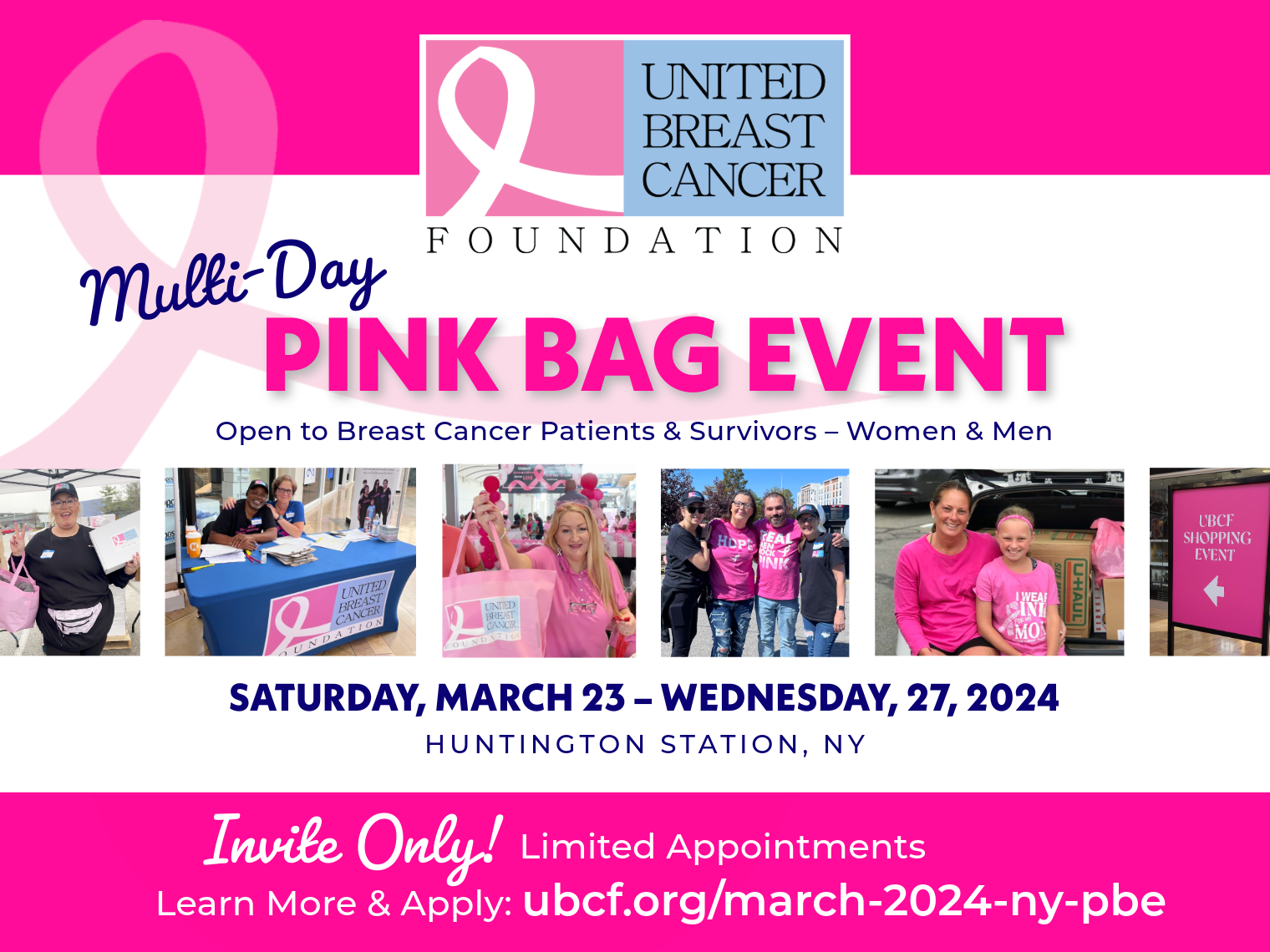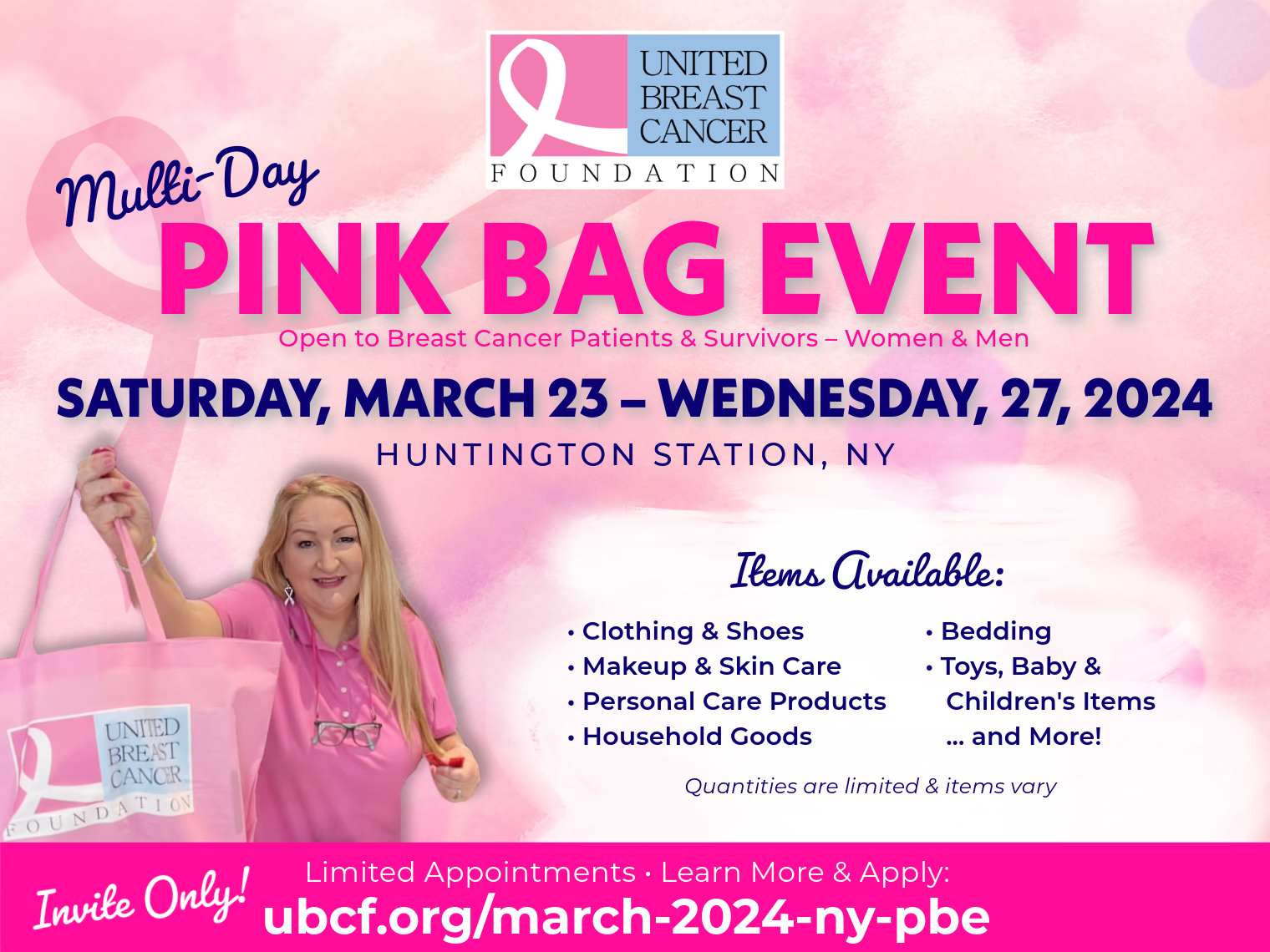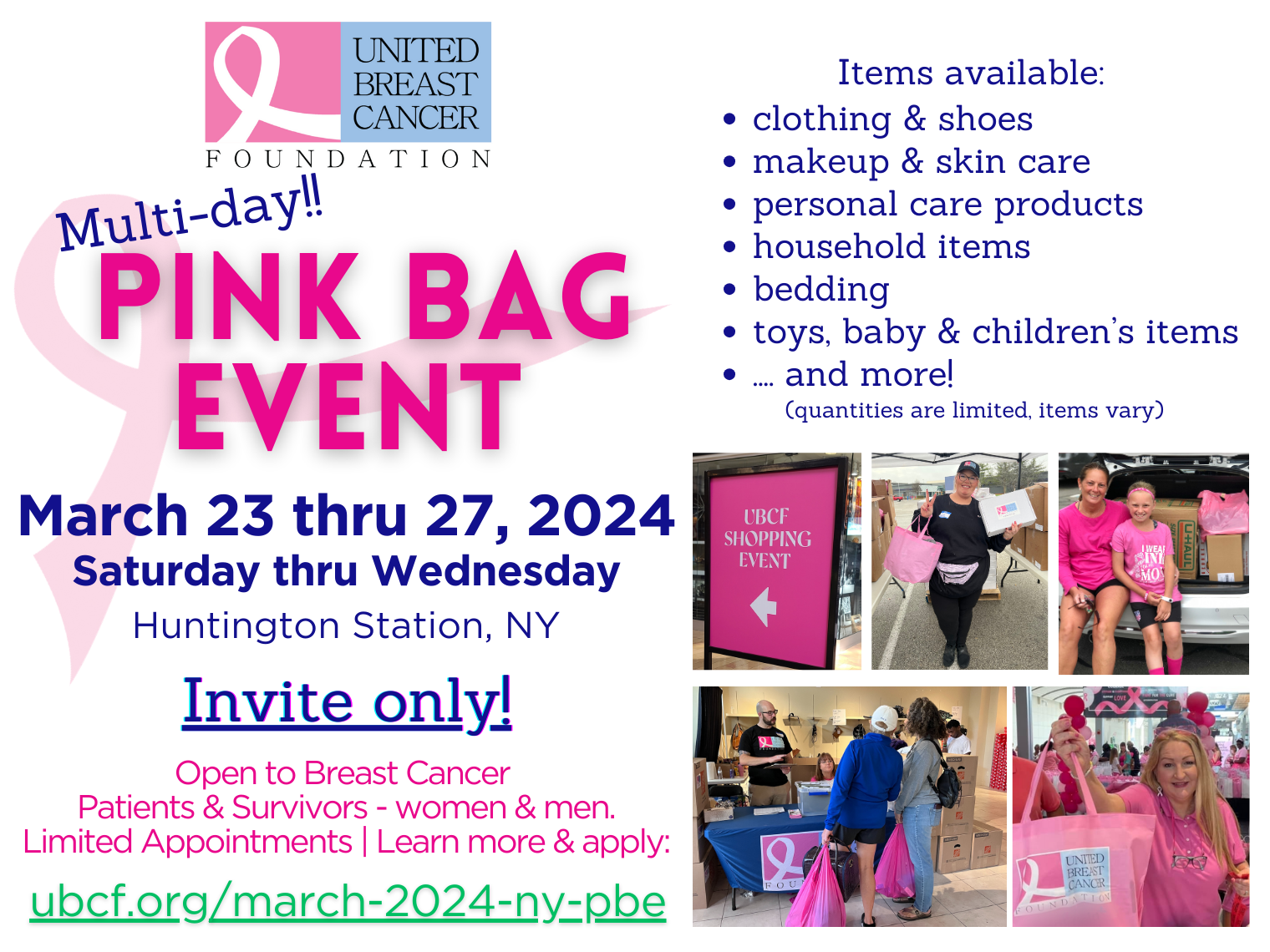I’m sure everyone’s doctor has told him or her at some point to take their vitamins, but how many of us actually listen? I’m here to (hopefully) provide some incentive to increase your daily vitamin intake!
Vitamin D:
Research suggests that those with low levels of vitamin D have a higher risk of breast cancer. Also, in those who may already have breast cancer, vitamin D has been shown to control normal breast cell growth and possibly stop breast cancer cells from growing. So how can you incorporate more vitamin D in your life? Short periods of direct peak sun exposure (15 min x 3 days a week) are an easy way to ensure that you get the recommended amount of daily vitamin D. Of course, precaution should be taken with any sun exposure, such as, SPF and no over-exposure.
Another way to increase vitamin D intake is to talk to your doctor about taking vitamin D supplements. According to BreastCancer.org, most experts recommend taking the D3 form of the vitamin instead of D2 form. With a blood test and a talk with your doctor, you should be able to determine the best type and amount of vitamin D supplement for you! Finally, you can incorporate vitamin D rich foods into your diet to increase vitamin D levels. Although some researchers believe this is a less effective way to achieve the daily-recommended vitamin D amount, it can still be helpful, especially if combined with other methods of intake. Foods rich in vitamin D include salmon, oysters, sardines, catfish, and 1-3 tsps. of cod liver oil. Some products may also be “fortified with vitamin D” such as milk, yogurt, soymilk, and orange juice.
Vitamin A:
Researchers at Thomas Jefferson University recently found, as reported in their paper entitled All Trans-retinoic Acid (ATRA) Induces Re-differentiation of Early Transformed Breast Epithelial Cells, that vitamin A, and its derivative retinoic acid, may help turn pre-cancer cells back to normal healthy breast cells. It’s important to note that this vitamin doesn’t seem to change the course of “full-blown cancer”, only pre-cancerous cells, and definitely isn’t strong enough on it’s own to prevent breast cancer, just like most preventative measures. Also, like all other vitamins, there are other benefits besides possible breast cancer prevention, and there is no harm in incorporating it into your diet!
Without further ado, let me introduce the top 10 foods highest in vitamin A:
-Cooked sweet potato (21909 IU / 438% DV per medium potato)
-Cooked carrots (7835 IU / 157% DV per carrot)
-Cooked dark leafy greens (Kale) (17707 IU / 354% DV per cup)
-Cooked squash (Butternut) (11434 IU / 229% DV per ½. cup)
-Cos or Romaine lettuce (54525 IU / 1090% DV per head)
-Dried apricots (7538 IU / 151% DV per ½ cup)
-Cantaloupe melon (2334 IU / 47% DV per medium wedge)
-Sweet red peppers (5135 IU / 103% DV per large pepper)
-Cooked Bluefin tuna fish (714 IU / 14% DV per ounce)
-Tropical Fruits (Mango, Papaya) (3636 IU / 73% DV per mango)
Vitamin E:
Research on the link between vitamin E and breast cancer prevention are ongoing, but there has been much research that suggests a link between the two. Several studies have shown that premenopausal women with low intakes of vitamin E are twice as likely to contract breast cancer than those who are close to meeting minimum requirements. One study, Alpha-tocopherol and hydroperoxide content in breast adipose tissue from patients with breast tumors, showed that newly diagnosed breast cancer patients had 6x less vitamin E in their breast tissue compared to women without breast cancer. Also, in test tube studies, alpha tocopheryl succinate (a form of vitamin E) was shown to inhibit breast cancer cell growth.
Convinced to up your vitamin E intake yet? Here’s ways to incorporate vitamin E into your diet:
–Tocotrienols (vitamin E supplements)
– Tofu (4.5mg / 21% DV per 3oz)
– Cooked spinach (5.8mg / 28% DV per 10oz pack)
– Nuts (almonds) (7.3mg / 35% DV per ounce)
– Roasted sunflower seeds (10.2mg / 49% DV per ounce)
– Avocados (4.2mg / 20% DV per avocado)
– Shrimp (0.5mg / 2% DV per 4 shrimp)
– Rainbow Trout (2.0mg / 10% DV per fillet)
– Olive Oil (0.7mg / 3% DV per teaspoon)
– Cooked Broccoli (2.6mg / 13% DV per stalk)
– Butternut Squash / Pumpkin (2.6mg / 13% DV per cup cubed)
Conclusion
As mention earlier, there is still research to be done on the link between vitamins and breast cancer prevention, and taking vitamins should not be used as the only preventative care for breast cancer. It’s important to keep up with self-screenings as well as doctor screenings, and incorporate other preventative factors into everyday life! Finally, remember to talk to your doctor before starting any supplements; especially if you are taking other medications or are receiving treatments for any diseases.
Vitamin D Council
breastcancer.org
Science Daily
Healthaliciousness

